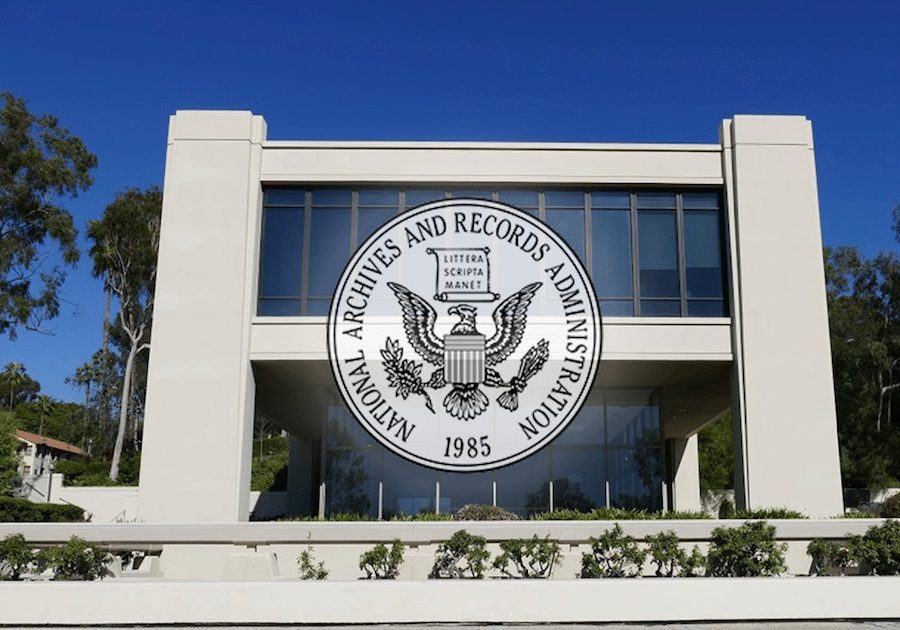Occidental College received confirmation that the U.S. Department of Education (ED) completed its multi-year review of Occidental’s noncompliance with the Clery Act and issued a fine based on findings of noncompliance totaling $83,000 Sept. 27. The fine is based on four out of nine findings from the Final Program Review Determination (FPRD) letter dated Aug. 11.
President Jonathan Veitch sent a campus-wide email Oct. 6 that announced the details of the fine assessment, provided a copy of the letter from the ED and shared the college’s 2017 Annual Fire Safety and Security Report.
“The college will not appeal, and will draw from reserves to pay the fines,” Veitch said via campus-wide email. “We are grateful to the many members of the Oxy community — students, faculty and staff — who over the past five years have collectively contributed to this outcome.”
The multi-year review began in April 2013, when a formal complaint alleging Occidental’s noncompliance with the Clery Act was submitted to the ED. The Clery Act Compliance Division, led by Campus Crime Compliance Specialist Keith Ninemire, conducted a program review at Occidental from Sept. 23, 2013 to Sept. 27, 2013. During this review, the division examined Campus Safety incident reports, arrest reports from local law enforcement agencies, campus disciplinary files and policies and procedures relating to Campus Safety.
The ED consolidated their research and issued the Program Review Report (PRR) Sept. 14, 2016, which identified nine Clery Act policy violations and failures. The college responded to the PRR Jan. 18. After reviewing all information, the ED issued the FPRD and its final nine findings Aug. 11 and subsequently issued a fine totaling $83,000 Sept. 27. The fine will be imposed Oct. 20 unless the college submits a request for a hearing to contest it.
Director of Communications and Community Relations Jim Tranquada said that the administration was not sure what to expect because regulations give significant discretion to the ED in determining fines.
“It was a smaller amount than expected given the number of adverse findings,” Tranquada said. “We believe the amount is a recognition by the ED that, while the college acknowledged errors in the past, over the past several years it has righted the ship and demonstrated a clear commitment to Clery compliance.”
The fine is composed of four subdivisions: $20,000 for failing to maintain an accurate and complete daily crime log, $18,000 for failing to include ten required policy statements in multiple Annual Security Reports (ASRs), $27,500 for failing to collect crime statistics from all Campus Safety Authorities (these are not the same as Campus Safety officers) and $17,500 for failing to prepare, publish, distribute and evaluate a complete Drug Abuse and Alcohol Prevention Program (DAAPP).
These four subdivisions correspond with Findings Five, Six, Eight and Nine (respectively) from the FPRD. The five findings that did not prompt a fine were concerned with the lack of qualified administrative employees and a lack of internal checks and balances regarding Title IV; the failure to disclose accurate and complete crime statistics; the failure to issue timely warnings about crimes considered to pose a serious or ongoing threat to the campus community; and a discrepancy in crime statistics reported to the ED.
“We don’t know why the ED chose to fine the college only for four of the nine adverse findings, but we think one plausible explanation is that DOE believes the college has worked hard and demonstrated a clear commitment to Clery compliance,” Tranquada said.
Fines are determined based on the gravity of each offense and the size of an institution overall. The latter is determined by comparing an institution’s funding levels for three Title IV programs — Federal Pell Grants, Federal Direct Loans and Campus Based Programs — with the national median, which totals $3,921,192. Based on funding data from the 2014–2015 academic year, Occidental is a large institution because its funding levels for all three categories exceeds each median funding level. The latter is determined by comparing an institution’s funding levels for Title IV programs — such as Federal Pell Grants and Direct Loans — with the national median.
The author of the fine assessment letter, Susan D. Crim, is the director of the administrative actions and appeals service group of the ED.
“[The college’s noncompliance] denied Occidental’s students and employees important safety information,” Crim said. “Students and employees cannot benefit from policies and procedures that have not been provided to them.”
![]()




































